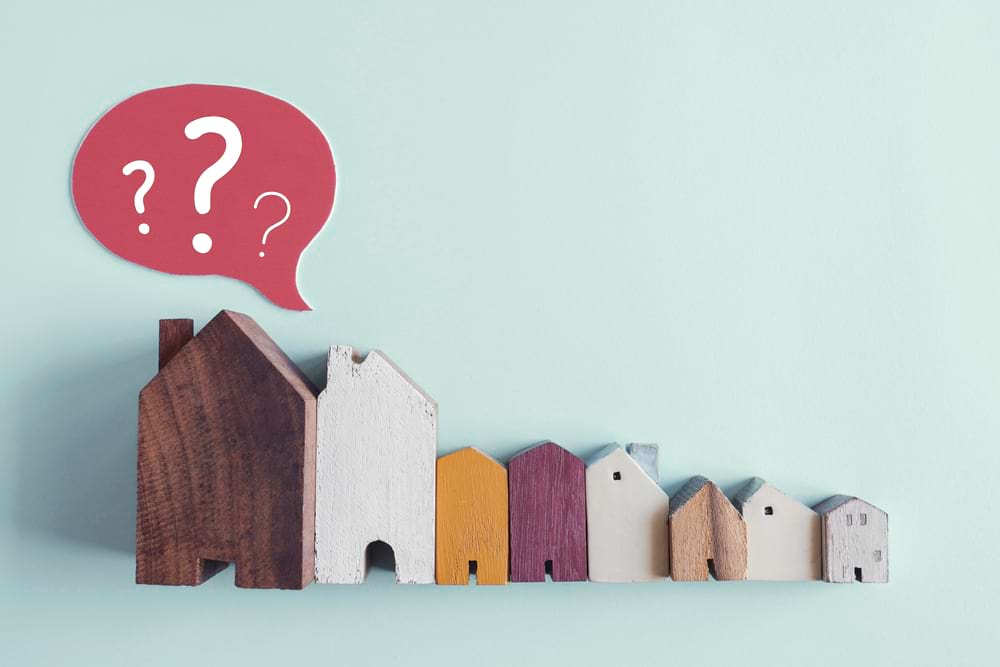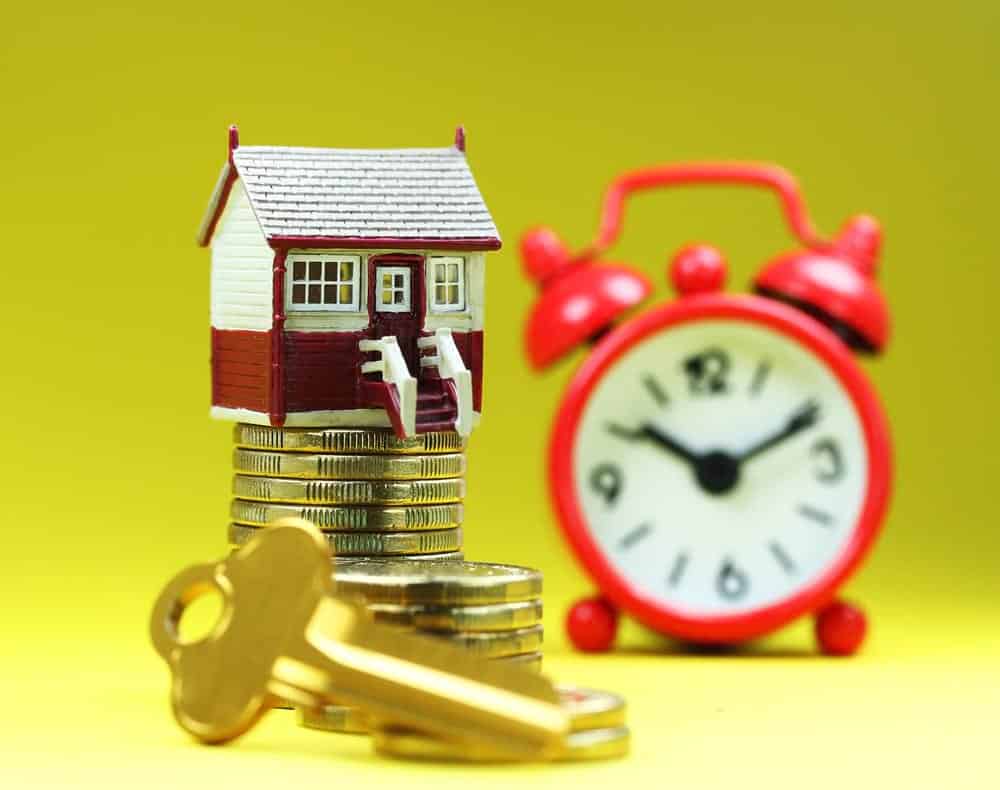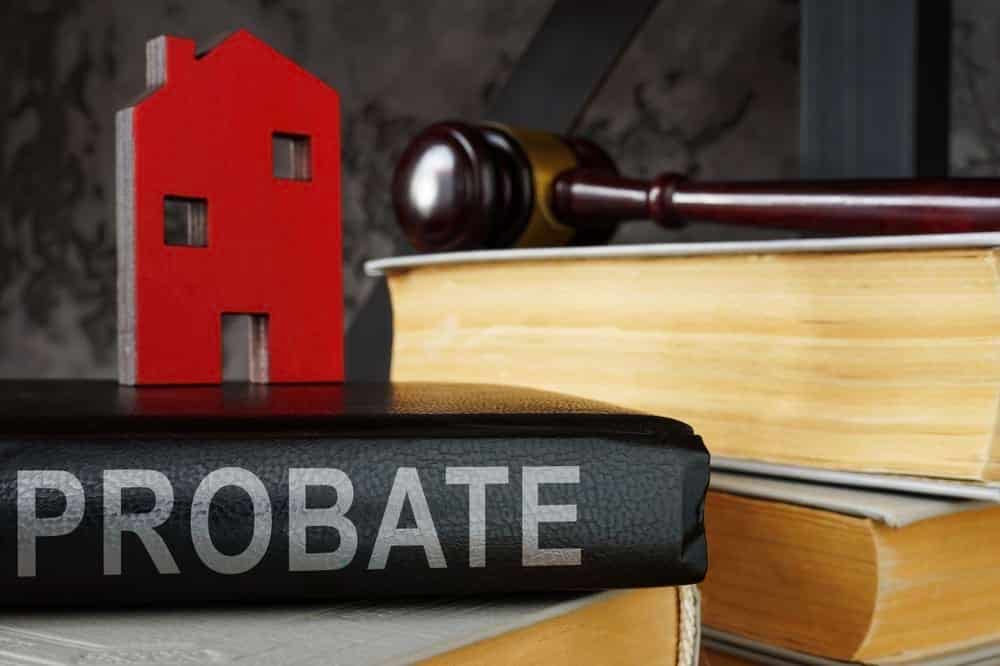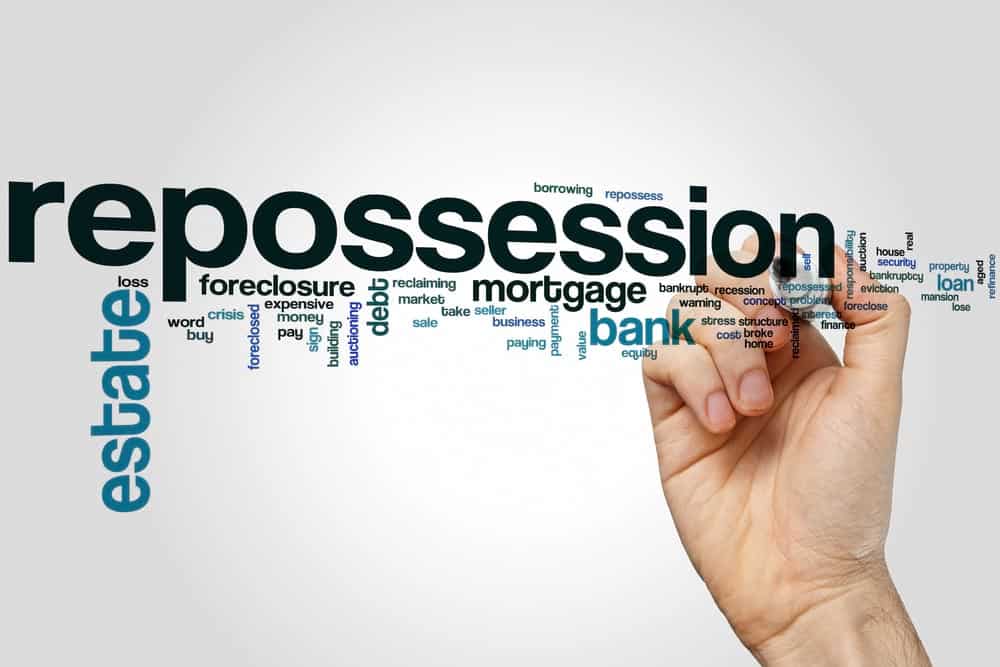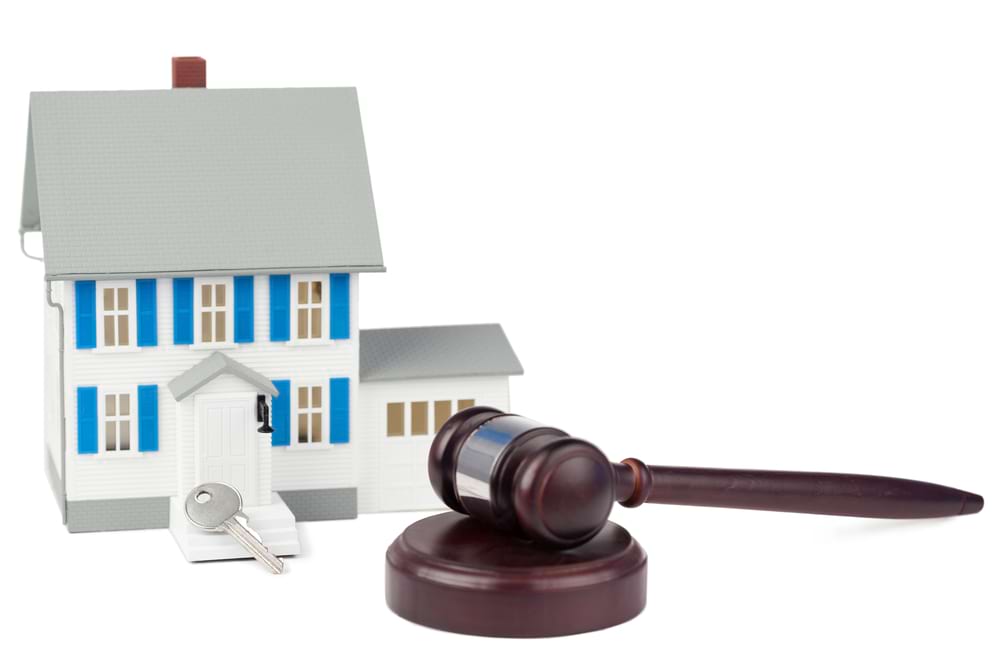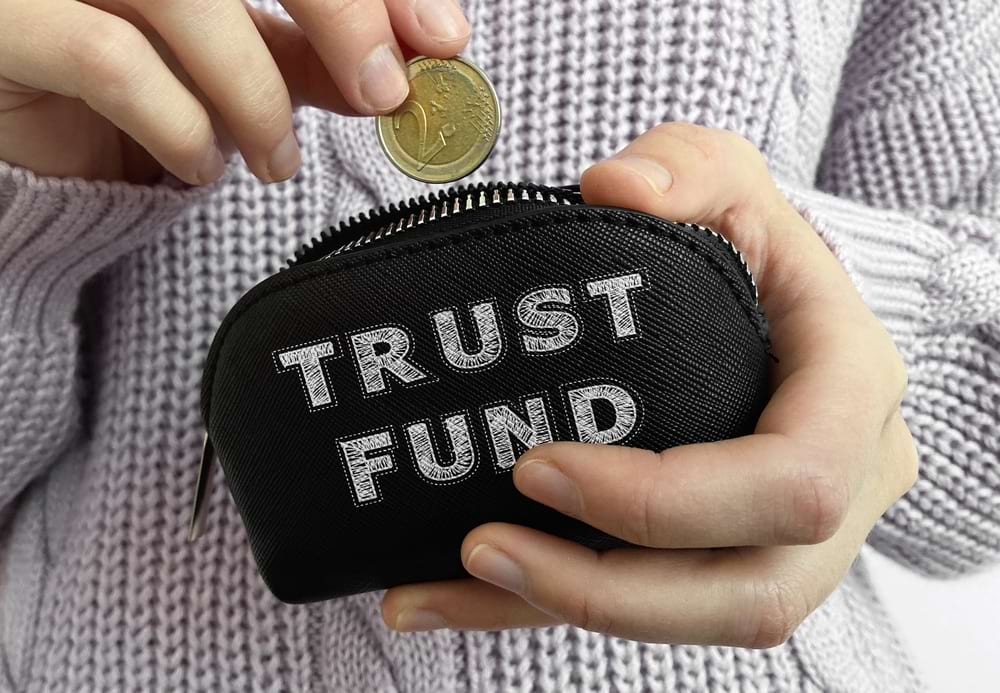When property sales move fast, it reduces your stress and costs.
Unfortunately, house sales sometimes fall through.
But exactly how often does this happen?
Read on to find out.
How often do house sales fall through?
There is no definitive statistic on how many house sales fall through in the UK.
No one organisation measures this.
However, several reports have tried to answer this question.
Their findings have varied from between 20 – 35% of all house sales falling through.
This figure likely varies for different:
- Types of property
- Location
- Time of year.
Why do so many house sales fall through?
House sales often fall through because there are so many factors involved.
Collaboration is needed between many parties, including:
- Buyers
- Sellers
- Estate agents
- Solicitors
- Conveyancers
- Mortgage lenders.
If one of these parties makes a mistake or changes their mind, everything can collapse.
Do you lose money if a house sale falls through?
In most cases, you will lose money if a house sale falls through – whether you are a buyer or a seller.
Most estate agents do not charge you in this situation.
But conveyancers do. If they have already completed hours of work, you must pay for it.
If you have to cancel your removal company, they may charge a fee for this.
How much money is lost on average?
In a Which survey, 84% of survey respondents lost money when their sale fell through. The average amount they lost was £2,899, so it is expensive for the deal to collapse.
Some solicitors operate on a ‘no sale, no fee’ package, but this is rare.
Can I sue someone if the house sale falls through?
The short answer is: it depends on the circumstances.
If someone pulls out of a sale after contract exchange, they can be sued for losses. If it’s before, they cannot be.
If your solicitor or estate agent’s malpractice caused the deal to fall, you may be able to act. Professionals have indemnity insurance for this reason.
Will the property chain fall apart if a sale falls through?
It is possible for an entire property chain to fall apart if a sale falls through.
Buyers often depend on selling their property for the funds to buy another. If one of these sales collapses, all the others can fall apart.
In some cases, the chain can survive, even if one transaction falls through. It requires that seller to find another way to fund the house they buy.
What causes house sales to fall through?
Buyer changes mind
One of the most common reason a house sale collapses is because a buyer changes their mind. This could be for dozens of different reasons.
Maybe a new job opportunity has arisen, or an unexpected cost has arisen. Or a survey reveals a problem that they were unaware of.
Personal reasons
Life sometimes interrupts our best-laid plans. A multitude of personal reasons may be serious enough for a buyer or seller to pull out of a sale.
Divorce, death, imprisonment, and poor health, for example. Or less dramatic reasons, such as a unemployment or a change in career.
Buyer’s lender causes issues
Mortgage problems are a common explanation. For example, a mortgage offer expiring because the sale has kaken too long.
Or a lender refusing to lend because they disagree about the property’s value. This often means that the buyer can no longer afford it.
Conveyancing delays
Conveyancing delays can often cause a house sale to collapse. They come about if there is an unexpected and complex issue. Or if a conveyancer is late in completing their work.
Negotiation problems
Property negotiations can lead to conflict.
Buyers and sellers may disagree with each others’ position or requests. Or they may disagree on the other party’s means – gazumping or gazundering, for example.
Buy-to-let issues
Landlords sometimes want to sell their buy-to-let properties on the open market.
Their tenants might refuse to leave, or leave the property in poor condition. These issues naturally stall house sales.
Can a chain-free house sale fall through?
Lots of people choose to sell their property to a cash-free buyer, as the deal is less likely to fall through.
But it is still possible for a chain-free sale to collapse. There are other reasons that they walk away from the deal.
Problems revealed in the survey can be a deal-breaker for chain-free buyers, too. And if the buyer’s financial situation changes unexpectedly, it can slow things down. The sale could even collapse.
Conveyancing delays, gazumping, and gazundering are still completely possible with chain-free transactions, too.
Tips to stop a house sale falling through
Sell to a cash buyer
You can avoid being in a housing chain by selling to a chain-free buyer (also referred to as a buyer with no onward chain).
If you can find one, then this is worth considering. If your property is in the appropriate price range, first-time buyers are a common example.
Organise your paperwork
You should follow up with your conveyancer to avoid delays or mistakes. This guarantees that you are a priority for them.
Get all your essential documents completed in-advance. Examples include:
- Proof of identity
- Energy Performance Certificate (EPC)
- Proof of funding
- Mortgage in principle
